The Essential Guide to Raw Materials for Bread Making: Partner with MT Royal Company
Bread is one of the oldest and most beloved staples in the world, cherished for its versatility, comfort, and ability to bring people together. From artisanal sourdough and fluffy white loaves to hearty whole grain breads, the variety is endless. However, the quality of bread relies heavily on the raw materials used in its production. At MT Royal Company, we specialize in providing the raw materials for bread making, enabling bakeries and food manufacturers to create high-quality products that satisfy even the most discerning consumers.
In this comprehensive guide, we will explore the essential raw materials needed for bread making, provide a complete list of these ingredients, discuss why MT Royal Company should be your trusted partner, and outline the steps involved in importing these vital components. Join us as we delve into the world of bread production and discover how MT Royal can enhance your offerings.

The Timeless Appeal of Bread
The demand for bread continues to flourish globally, influenced by several key trends that reflect changing consumer preferences:
1. The Rise of Artisan and Specialty Breads
Consumers are increasingly drawn to artisanal and specialty breads that highlight unique flavors, textures, and traditional baking methods. The resurgence of sourdough, for instance, has captivated home bakers and gourmet shops alike.
2. Health and Nutrition Focus
As health consciousness rises, many consumers are seeking bread options that align with their dietary preferences. Whole grain, gluten-free, and low-carb breads are gaining popularity, prompting manufacturers to innovate and meet these demands.
3. Convenience and Versatility
Bread remains a versatile food that can be enjoyed in numerous ways, whether as a base for sandwiches, a side for soups, or a vehicle for spreads. This adaptability ensures its ongoing popularity in various culinary applications.
4. Global Flavors
As the world becomes more interconnected, consumers are increasingly interested in trying international breads that reflect diverse culinary traditions. This interest drives innovation and allows bakeries to explore new recipes and ingredients.
Complete List of Raw Materials for Bread Making
Creating high-quality bread requires careful selection of ingredients that contribute to flavor, texture, and nutrition. Here’s a complete list of essential raw materials for bread making:
1. Flour
Flour is the primary ingredient in bread making, providing structure and texture. The type of flour used can significantly impact the final product. Common types include:
- All-Purpose Flour: A versatile option suitable for a variety of bread recipes.
- Bread Flour: Higher in protein, bread flour is ideal for yeast breads, providing strength and chewiness.
- Whole Wheat Flour: Adds a nutty flavor and more nutrients, often used in healthier bread options.
- Rye Flour: A unique flour that adds flavor and density, commonly used in traditional rye breads.
2. Yeast
Yeast is a crucial leavening agent that helps bread rise by fermenting sugars and producing carbon dioxide. Common types include:
- Active Dry Yeast: A commonly used yeast that requires activation in warm water before use.
- Instant Yeast: A more potent form that can be mixed directly with dry ingredients, making it convenient for quick bread recipes.
- Fresh Yeast: A perishable form of yeast that provides a rich flavor, often used by professional bakers.
3. Water
Water is essential for hydrating the flour and activating the yeast. The quality of water can significantly affect the dough’s performance and flavor. In addition to plain water, other liquids may also be used:
- Milk: Adds richness and flavor to the dough.
- Buttermilk: Contributes a tangy flavor and improves texture.
- Eggs: Often included for added moisture, richness, and nutritional value.
4. Fats
Fats improve the texture and shelf life of bread. Common options include:
- Butter: Adds flavor and richness, commonly used in enriched breads.
- Oil: Vegetable oil, olive oil, or other fats can be used to enhance moisture and softness.
- Shortening: Often used in commercial baking for its ability to create tender bread.
5. Sweeteners
Sweeteners can balance flavors and contribute to browning. Common sweeteners include:
- Sugar: Granulated sugar is commonly added for sweetness and to promote browning.
- Honey: A natural sweetener that adds moisture and flavor.
- Malt Syrup: Often used in whole grain breads for flavor and color.
6. Salt
Salt enhances flavor and regulates fermentation by controlling yeast activity. It is a critical ingredient in bread making, and the right amount is essential for achieving a balanced flavor profile.
7. Additional Ingredients
Depending on the specific bread recipe, additional ingredients may be included:
- Seeds and Grains: Ingredients such as sesame seeds, sunflower seeds, or flaxseed can add texture and nutrition.
- Dried Fruits and Nuts: Ingredients like raisins, cranberries, or walnuts can enhance flavor and texture.
- Herbs and Spices: Adding ingredients such as rosemary or garlic can elevate the flavor profile of specialty breads.

Why Choose MT Royal Company?
When sourcing raw materials for bread making, partnering with MT Royal offers numerous advantages that can significantly enhance your business:
1. Extensive Supplier Network
MT Royal has developed strong relationships with trusted suppliers who provide high-quality ingredients specifically for bread production. This extensive network allows us to connect you with reliable producers who adhere to high-quality standards.
2. Expertise in Import Regulations
Navigating food import regulations can be complex, particularly when dealing with various ingredients. Our team possesses extensive knowledge of international import laws and customs procedures, ensuring compliance and a smooth transaction process. We guide you through the necessary regulations, minimizing potential delays.
3. Quality Assurance
Quality is our top priority. We conduct thorough vetting of our suppliers and ensure that all products undergo rigorous testing to meet international safety and quality standards. This guarantees that you can trust the ingredients you import from us.
4. Competitive Pricing
At MT Royal, we are committed to providing competitive pricing on all our ingredients for bread making. By working directly with producers and optimizing our supply chain, we can offer you high-quality ingredients without exceeding your budget.
5. Personalized Support
We understand that every business has unique needs. Our dedicated team is here to assist you with product selection, documentation, and logistical coordination, ensuring a smooth import process tailored to your specific requirements.
6. Efficient Logistics
Timely delivery is crucial in the food industry. Our established logistics network ensures that your orders of bread-making ingredients are shipped promptly and arrive in optimal condition. You can rely on MT Royal to manage all aspects of logistics, from shipping to customs clearance.
Steps to Import Raw Materials for Bread Making
Understanding the importation process is vital for successful sourcing. Here are the essential steps involved in importing raw materials for bread making:
Step 1: Identify Your Product Needs
Start by researching the specific ingredients you need for your bread products. Consider factors such as market demand, quality requirements, and potential suppliers. MT Royal can assist you in identifying suitable ingredients based on your requirements.
Step 2: Establish Relationships with Trusted Suppliers
Building relationships with reliable suppliers is crucial for successful imports. At MT Royal, we have established partnerships with top suppliers who can provide you with the best ingredients for your bread products.
Step 3: Obtain Necessary Documentation
Gather all required documentation for your imports. This may include:
- Commercial Invoice: A detailed description of the transaction between the buyer and seller.
- Packing List: An itemized list of the goods being shipped.
- Certificates of Origin: Documentation confirming the country of origin of the products.
- Health and Safety Certificates: Required to verify compliance with food safety standards.
- Import Permits: Ensure you have any required import permits based on the product type.
MT Royal will assist you in obtaining the necessary documentation, ensuring compliance with regulations.
Step 4: Collaborate with MT Royal
Engaging with MT Royal will streamline your import process. Our team will guide you through the necessary steps and ensure that all documentation is in order. We will assist in liaising with suppliers and managing logistics.
Step 5: Customs Clearance
Once your ingredients arrive in Turkey, they will need to undergo customs clearance. Our experienced team will handle this process on your behalf, ensuring that all required documentation is submitted accurately and promptly.
Step 6: Delivery to Your Location
After customs clearance is complete, we will coordinate the delivery of your ingredients to your specified location. Our logistics network ensures that your imported goods arrive on time, ready for production.
Step 7: Quality Control Upon Arrival
Once your ingredients have been delivered, it’s essential to conduct quality control checks to ensure that they meet your specifications. MT Royal is committed to supporting you in this process by providing guidance on best practices for quality assurance.
Step 8: Maintain Communication with Suppliers
Keeping lines of communication open with your suppliers and with MT Royal is vital for successful importation. Regular updates and feedback can help ensure a smooth process for future orders and enhance your overall experience.
Understanding Tariffs and Duties
When importing food products into Turkey, it’s important to be aware of any applicable tariffs and duties. The Turkish Customs and Trade Ministry establishes these rates, which can vary depending on the type of product being imported. MT Royal can provide insights into potential costs associated with your imports, helping you budget effectively.
Overcoming Challenges in the Import Process
Importing food products can present challenges, from regulatory compliance to logistical hurdles. Here’s how MT Royal helps you navigate potential issues:
1. Regulatory Compliance
Understanding and complying with Turkey’s import regulations for food can be complex. Our team provides expert guidance to ensure that all documentation and processes adhere to legal requirements, minimizing the risk of fines or delays.
2. Quality Assurance
Quality control is paramount when importing food products. MT Royal conducts thorough inspections and works with trusted suppliers to ensure that the products you import meet the highest standards.
3. Logistical Coordination
Transporting food products can involve logistical complexities. Our experienced logistics team manages all aspects of the supply chain, from shipping to warehousing, ensuring that your products are delivered on time and in excellent condition.
4. Adaptability to Market Changes
The food industry is ever-evolving, with changing consumer preferences and regulatory updates. MT Royal stays ahead of trends and market shifts, providing you with timely information and insights to adapt your import strategy effectively.
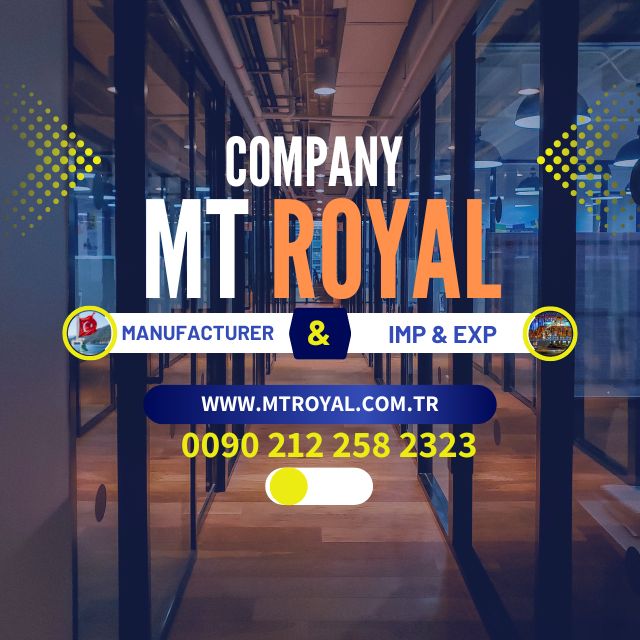
Conclusion: Partner with MT Royal for Quality Bread-Making Ingredients
When it comes to sourcing essential raw materials for bread making, MT Royal Company is your trusted partner for quality and excellence. Our commitment to high-quality ingredients, competitive pricing, and exceptional service makes us the ideal choice for all your import needs.
Don’t miss out on the opportunity to enhance your bread offerings with top-quality ingredients from Turkey. Experience the benefits of partnering with MT Royal today! Contact us to explore our extensive range of products and discover how we can help you navigate the complexities of the import process. Together, let’s unlock the potential of the Turkish market and ensure your business thrives in this competitive landscape!
Import-Export Companies in Türkiye with 99% discount
Food industry raw materials – list of products


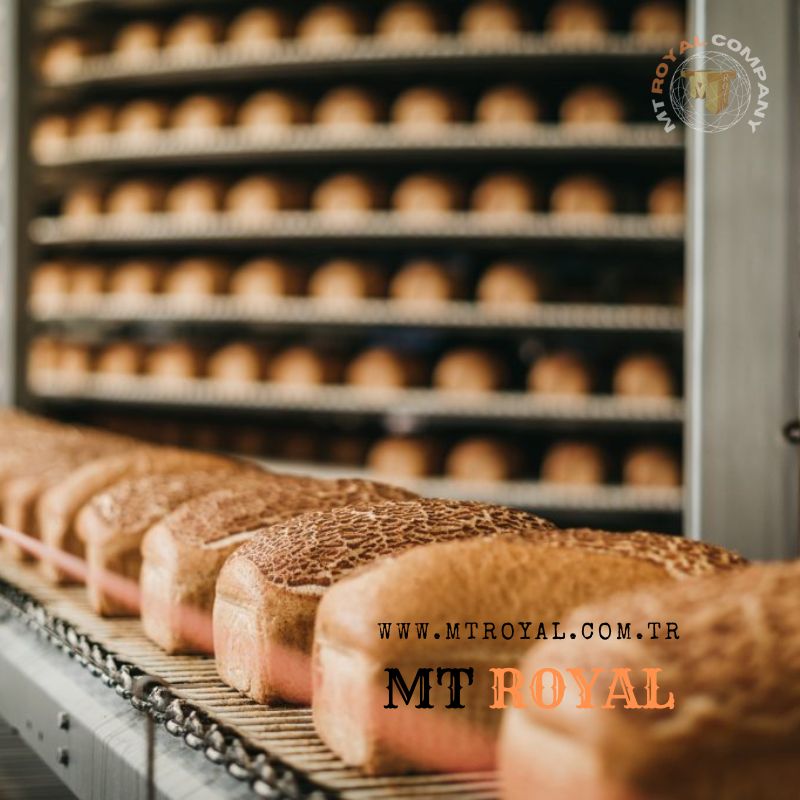
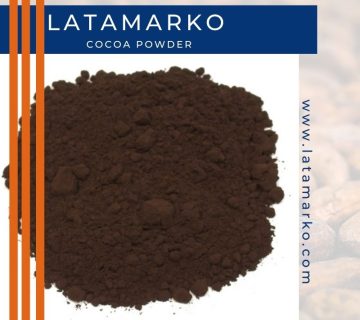
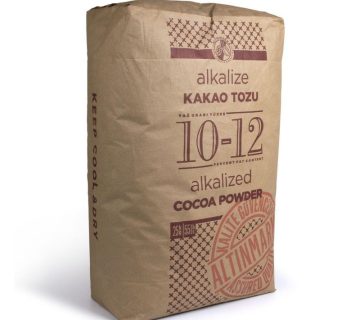
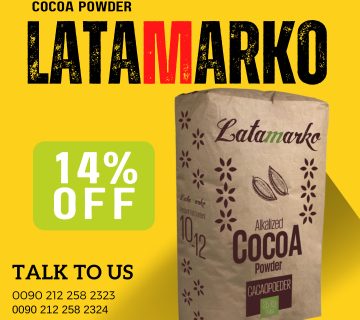
No comment